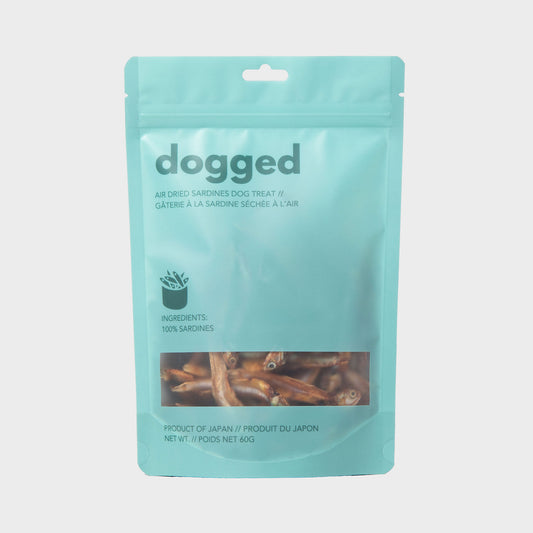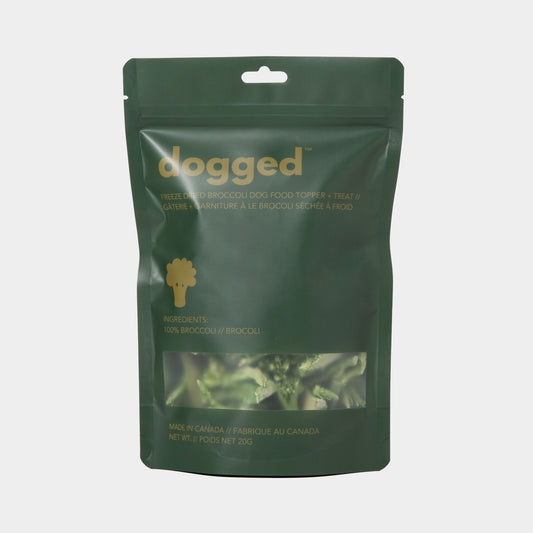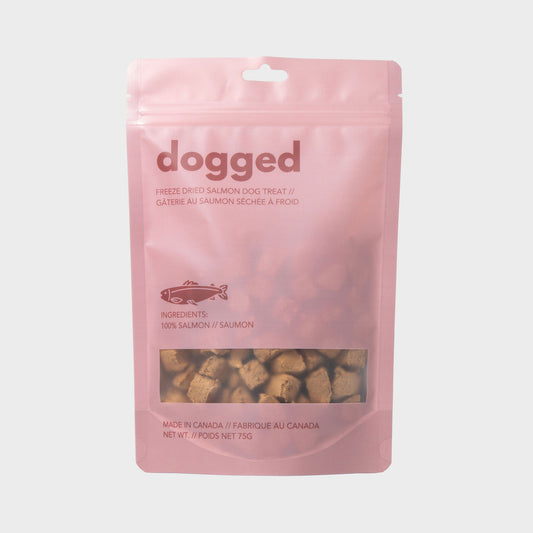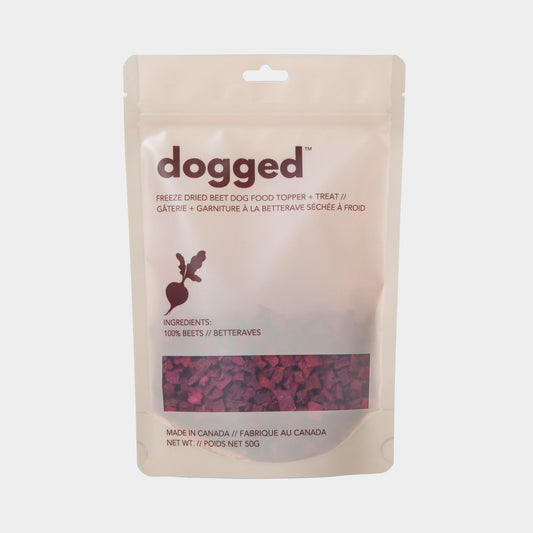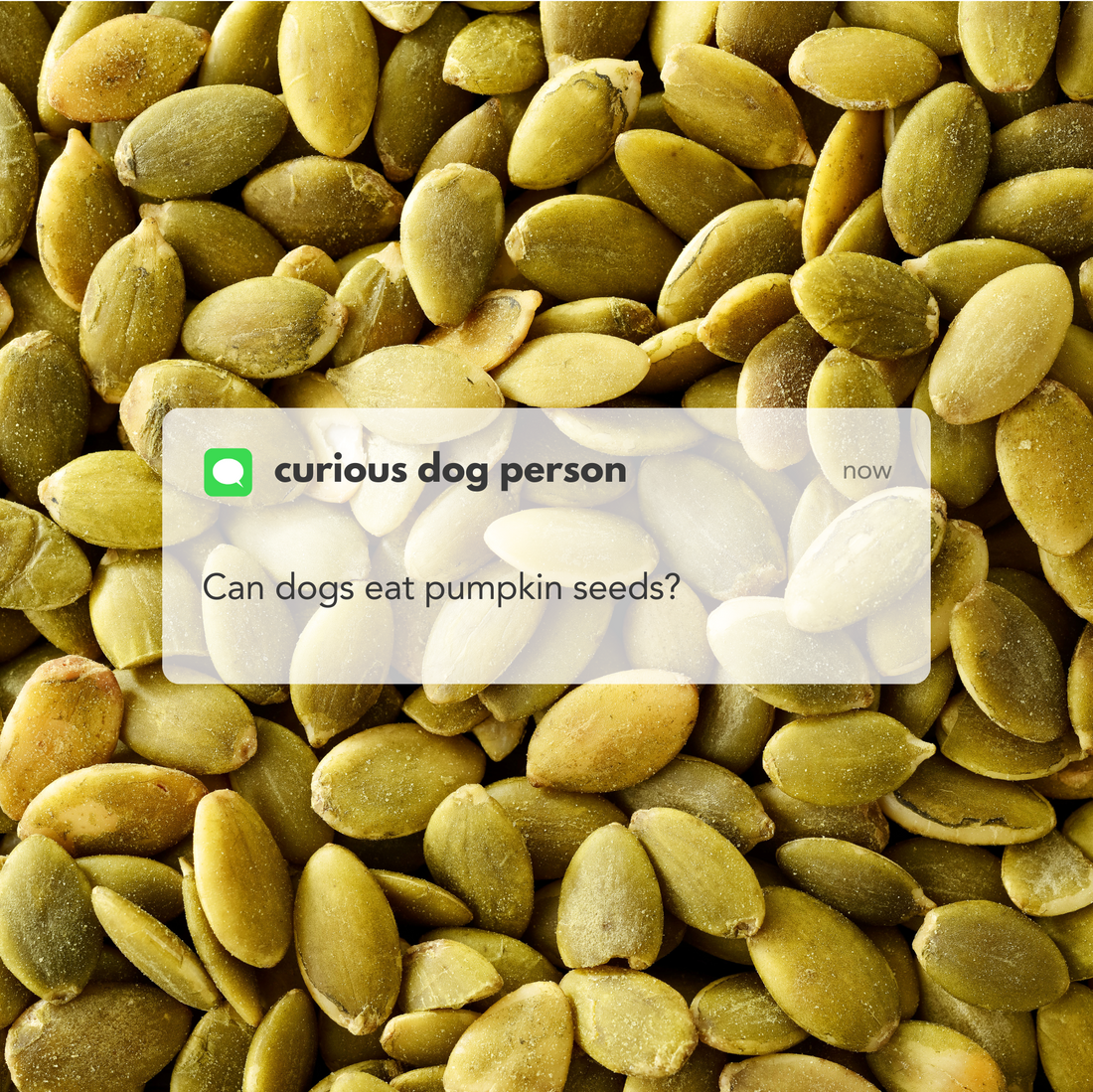
Can Dogs Eat Pumpkin Seeds? A Nutritional Powerhouse for Your Pup
Pumpkin seeds, often overlooked as a snack, are a nutritional goldmine not only for humans but also for dogs. These seeds are packed with health benefits, though they must be served properly to avoid potential drawbacks. In this article, we’ll explore the nutritional benefits of pumpkin seeds, potential risks, the detoxification effects, and the research surrounding their use for dogs.

Nutritional Benefits of Pumpkin Seeds for Dogs
Pumpkin seeds are rich in essential nutrients that can contribute to your dog’s overall health. Here are some key benefits:
- High in Fiber: Pumpkin seeds contain dietary fiber, which supports digestive health and helps prevent constipation.
- Packed with Protein: They are an excellent source of plant-based protein, which aids in muscle development and repair.
- Rich in Vitamins and Minerals: Pumpkin seeds are loaded with magnesium, zinc, iron, and potassium, essential for a healthy immune system and strong bones.
- Healthy Fats: The seeds contain omega-3 fatty acids, which promote a shiny coat, reduce inflammation, and support brain health.
- Antioxidants: Pumpkin seeds are a natural source of antioxidants, helping to combat free radicals and reduce oxidative stress.
Detoxification Benefits of Pumpkin Seeds
One of the most notable benefits of pumpkin seeds is their natural detoxification effect. They contain a compound called cucurbitacin, which is known for its antiparasitic properties. Cucurbitacin paralyzes intestinal worms, making it easier for your dog’s body to expel them naturally. This makes pumpkin seeds a popular natural remedy for deworming in dogs.
Potential Downsides of Pumpkin Seeds for Dogs
While pumpkin seeds are generally safe for dogs, there are a few considerations to keep in mind:
- Caloric Content: Pumpkin seeds are calorie-dense, so moderation is key to avoid weight gain.
- Choking Hazard: Ensure the seeds are shelled and ground or served in small pieces to prevent choking.
- Salted Seeds: Avoid salted or flavored pumpkin seeds, as excess sodium can harm your dog’s health.
- Allergies: Although rare, some dogs may be allergic to pumpkin seeds. Introduce them slowly and watch for any adverse reactions.

How to Safely Serve Pumpkin Seeds to Dogs
To maximize the benefits and minimize risks, follow these guidelines when serving pumpkin seeds:
- Remove the Shells: Unshelled seeds can be tough to digest and may cause irritation.
- Roast Plain Seeds: Lightly roast the seeds without adding salt, oil, or seasoning.
- Grind Them: Grinding pumpkin seeds into a powder makes them easier to mix into your dog’s meals.
- Portion Control: Serve small amounts based on your dog’s size. A teaspoon of ground pumpkin seeds per 10 pounds of body weight is a good starting point.

Research on Pumpkin Seeds for Dogs
Studies on the benefits of pumpkin seeds for dogs are limited, but research in other animals supports their antiparasitic and nutritional properties. A 2012 study published in the Journal of Medicinal Plants Research demonstrated the effectiveness of pumpkin seed extracts in reducing intestinal parasites in goats. While more canine-specific research is needed, anecdotal evidence and holistic veterinary practices suggest similar benefits for dogs.
Final Thoughts
Pumpkin seeds can be a nutritious and beneficial addition to your dog’s diet when served properly. From supporting digestion to aiding in natural detoxification, these tiny seeds pack a powerful punch. As always, consult your veterinarian before introducing new foods to your dog’s diet, and start with small portions to monitor their response. With the right preparation, pumpkin seeds can be a tasty and healthy treat for your furry friend.

